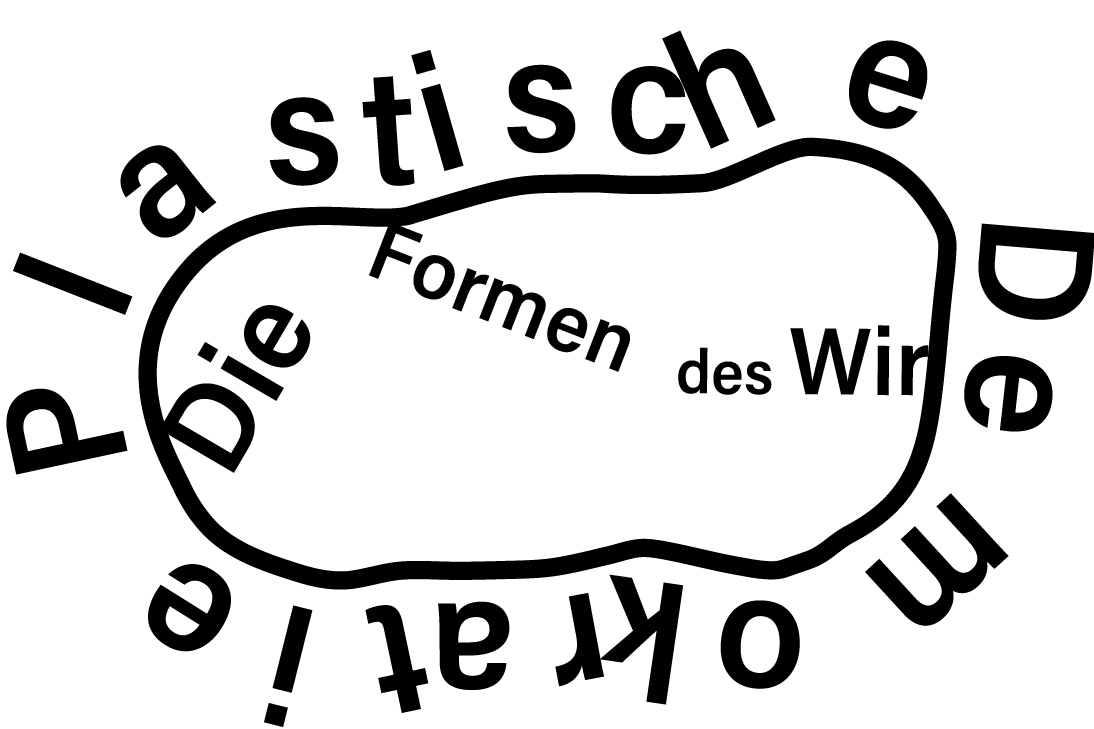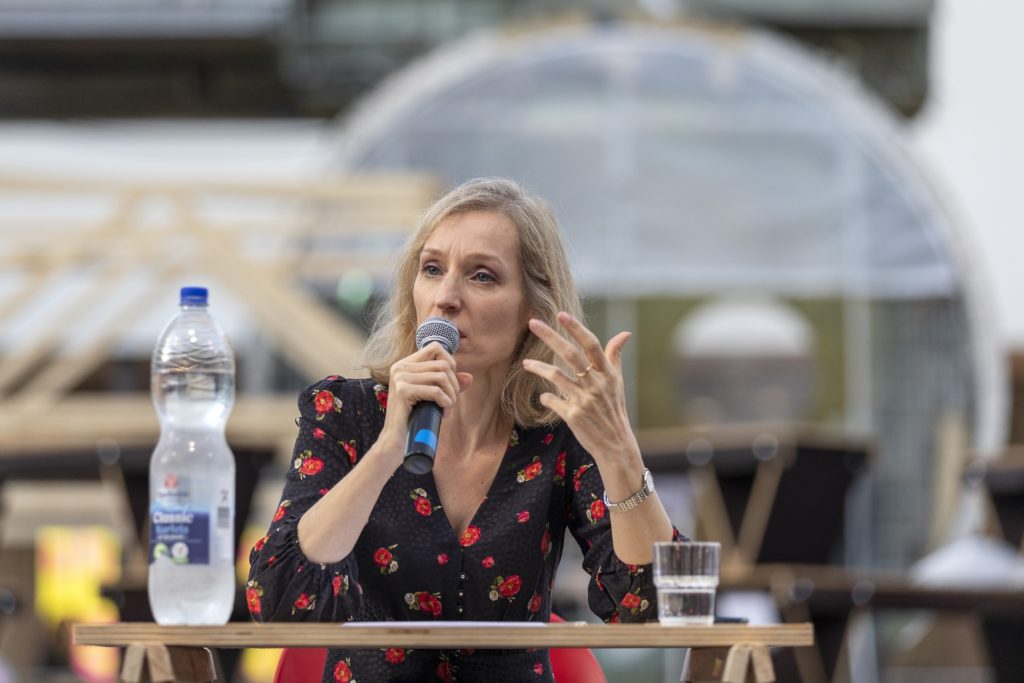
Lecture
Why has the consideration of environmental issues not changed democracy? Why do we continue to adopt lifestyles that are destructive on both an environmental and social level? The relative failure of environmental ethics stems above all from the fact that it has neither been able to link ecology with an existential philosophy nor to point the way to a possible renewal of democracy. One has to face this double task. By thinking of everything we live on not as mere resources but as sustenance, we think of inhabiting the earth as living together with other people and other species. The political consequences of this phenomenology of life and corporeality are shown. After showing that this leads to a new social contract that places the animal question and ecology at the centre of the republic, we will insist on the moral dispositions required of subjects to consent to the changes in ways of life that are on the horizon of the ecological transition. Finally, we will specify the conditions of political and democratic innovation by talking about the kind of governmentality required and showing that decentralisation of democracy corresponds to the desire to make politics more ecological.

Corine Pelluchon during her lecture in the Live-In Lab, Photo: Rainer Schlautmann
Corine Pelluchon during her lecture in the Live-In Lab, video commissioned by the Institute for Art History of the HHU, project »beuys2021« - editing: project office »beuys2021« and raumlaborberlin.
Wikipedia – DIE ZEIT: »Unsere Grenzziehungen zwischen Natur und Kultur sind überholt« – The New Institute